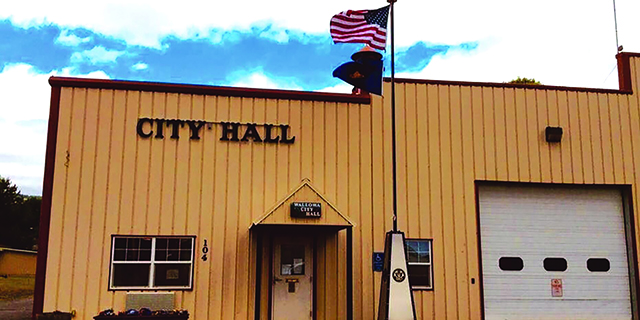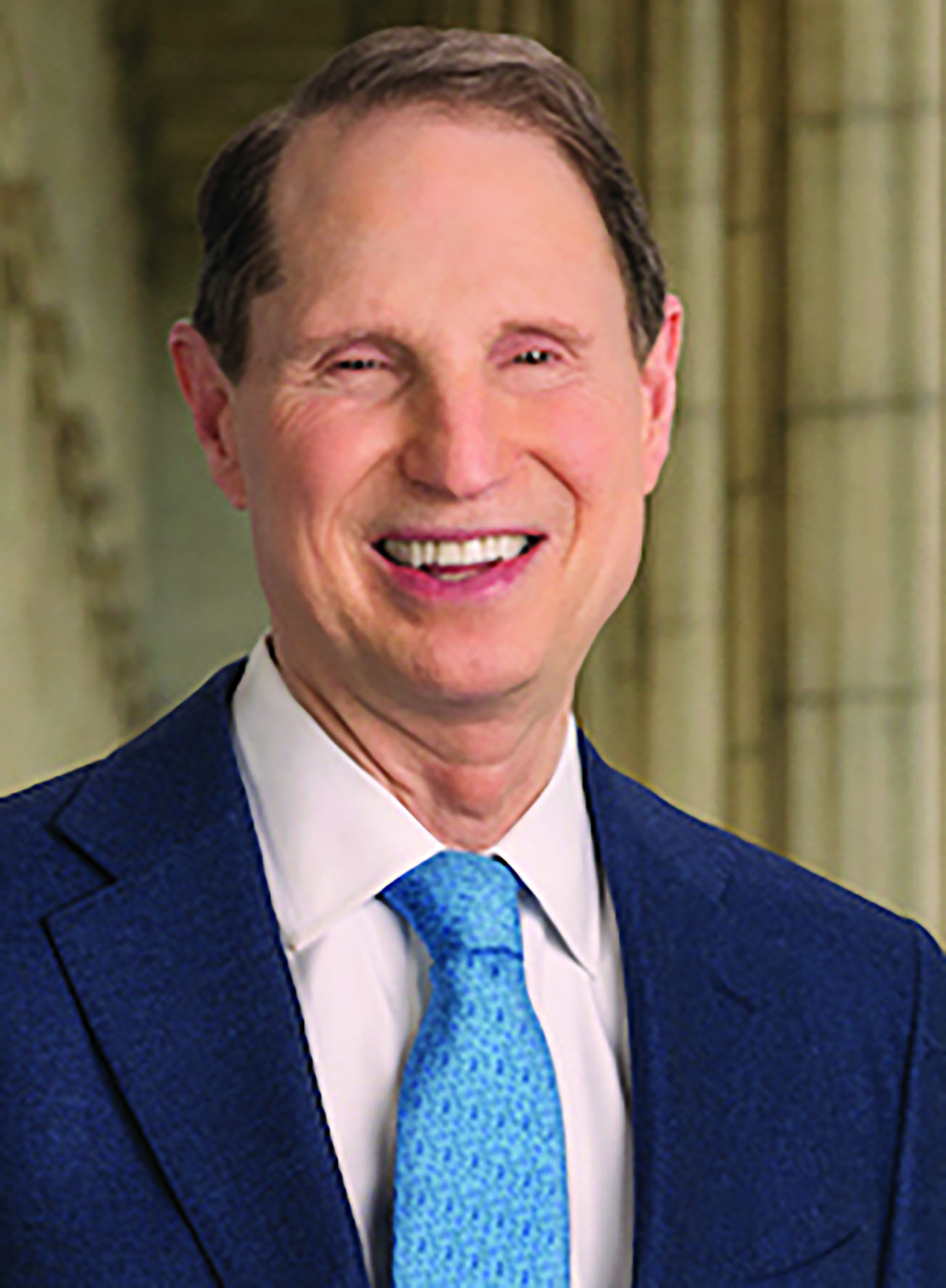To fight wildfires, Oregon must cap pollution
Published 6:53 am Tuesday, March 21, 2017
I’ve been fighting fires in the Pacific Northwest for sixteen years, many of them in Oregon. During that time, I’ve helped fight or manage some of the largest fires in the histories of three different states. From my vantage point as a wildland firefighter, and as someone who has served as a fire lookout for many years, I can see that the seasons are shifting. I can see that the climate is changing.
When I first started my career as a firefighter, the West was at the tail end of what they were calling an eight-year drought cycle. There was an emerging trend in which fires were becoming larger, faster moving and more unpredictable. It’s 2017 now, and — despite a wet year — drought conditions persist for longer, and affect our communities over more years, rather than less. It seems that the drought which was once an intermittent cycle, is now part of a new reality. In 2015, for the first time in its 110-year history, the U.S. Forest Service spent more than 50 percent of its annual budget on firefighting at the expense of other programs. Just 20 years ago, firefighting made up only 16 percent of the annual budget for the Forest Service.
Trending
This is more than a drought that can be cured by one blessedly wet winter; years of warmer temperatures, lower snowpack, and drier conditions — due to climate change — all compound to create unhealthy air for our most vulnerable community members, and a major threat to the way of life for those who live near Oregon’s beautiful open spaces. At a time when we need firefighters more than ever, some may decide the job is just too dangerous.
In Oregon, we have a goal to reduce Oregon’s our state’s climate pollution by at least 75 percent by the year 2050. We are not on track to meet that goal right now because, while it is the law, it is not being enforced: no one is being held accountable to meet it. Our legislature is currently considering clean energy jobs legislation that can get us on track. We need to address the root cause of what is drying out our forests and making work more dangerous for firefighters. We need to cut climate changing pollution with a cap on pollution and reinvestment in our communities and the clean energy that will keep us independent and resilient.
As someone who loves the forest, these changes — both the subtle and the striking — are heartbreaking to witness. Firefighters are putting their lives and health on the line to protect the resources we love and need for a sustainable future, and it’s going to take all of us to stop climate change and keep our forests safe.
■
Kelly Coughlin is a wildland firefighter, fire lookout and Public Service Information Officer with U.S. Department of the Interior. She has fought many wildfires in Central and Eastern Oregon.









